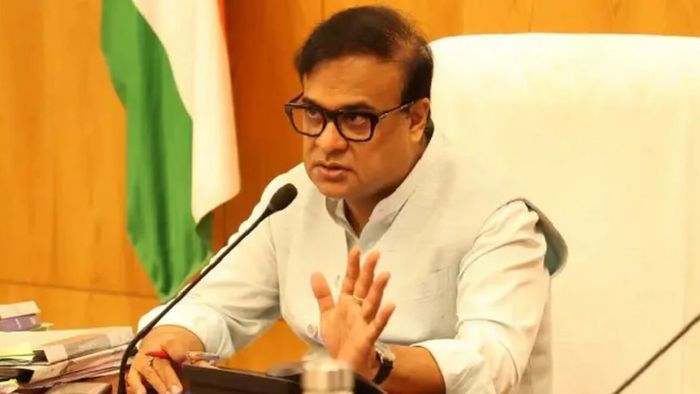Balochistan movement symbol of indigenous struggle for freedom: Assam CM
Assam Chief Minister Himanta Biswa Sarma on Sunday, April 27, described the Balochistan movement in Pakistan as a powerful representation of an indigenous people's long-standing fight for dignity, rights, and self-determination.

- Apr 28, 2025,
- Updated Apr 28, 2025, 9:06 AM IST
Assam Chief Minister Himanta Biswa Sarma on Sunday, April 27, described the Balochistan movement in Pakistan as a powerful representation of an indigenous people's long-standing fight for dignity, rights, and self-determination.
Posting on X, Sarma said, "Today, the Balochistan movement stands as a symbol of an indigenous people's enduring aspiration for dignity, rights, and control over their own destiny — a struggle marked by immense sacrifice, resilience, and an unbroken spirit for freedom."
Tracing the history of the conflict, Sarma pointed out that the movement began during the critical period of 1947–1948, when the princely state of Kalat, covering a significant part of modern-day Balochistan, aimed to retain its independence following the end of British colonial rule.
"Despite initial negotiations for autonomy, the region was forcibly annexed by Pakistan in March 1948, sowing deep resentment among the Baloch people," he said.
According to Sarma, decades of political exclusion, economic neglect, and cultural repression have triggered multiple uprisings in Balochistan, notably in 1958, 1962, 1973, and during the early 2000s. He emphasised that despite Balochistan’s wealth in natural resources, its people have faced severe underdevelopment and allegations of systematic exploitation by Pakistan's central government.
Highlighting a key turning point, Sarma said, "The killing of respected tribal leader Nawab Akbar Bugti in 2006 marked a particularly painful chapter, reigniting demands for self-determination and justice."
Sarma’s comments come at a time when global attention toward indigenous rights and regional movements is growing, placing fresh focus on historical grievances that continue to shape contemporary struggles.